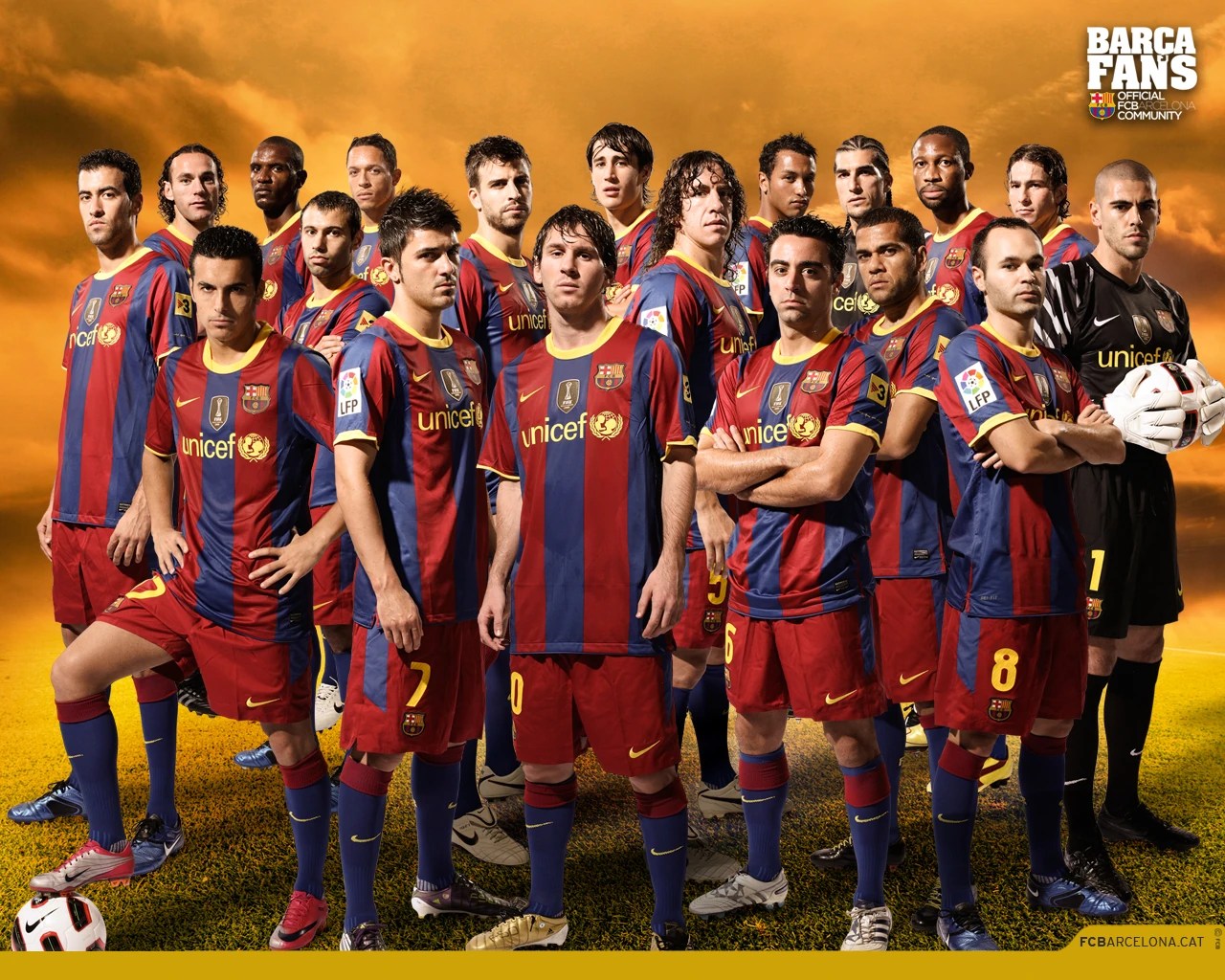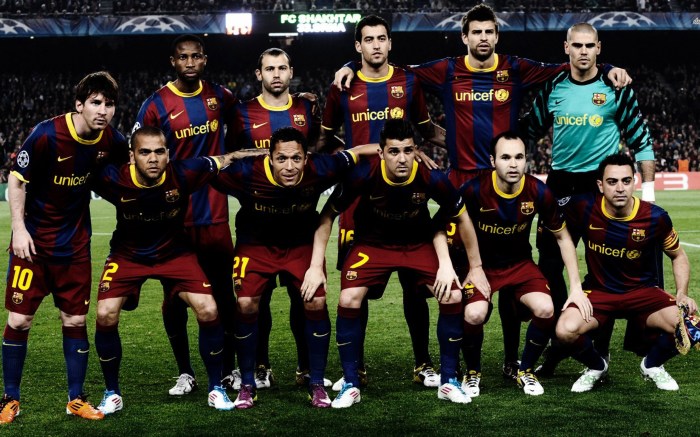Barcelona time, a distinctive time zone that sets the rhythm of life in the vibrant Catalan capital, invites us to delve into its history, cultural significance, and impact on the city’s daily life. Embark on a journey through time as we explore the intricacies of Barcelona time, its evolution, and its profound influence on the city’s cultural tapestry.
Barcelona Time

Barcelona Time is the official time zone used in Barcelona, Spain, and most of the Catalonia region. It is one hour ahead of Coordinated Universal Time (UTC) and is observed during the summer months. During the winter months, Barcelona Time is two hours ahead of UTC.
Barcelona time, with its vibrant energy and rich culture, is a captivating destination. However, for a serene escape, consider venturing to the Aran Islands , where tranquil landscapes and ancient traditions coexist. As you immerse yourself in the islands’ Gaelic heritage and breathtaking coastal views, the hustle and bustle of Barcelona time will fade into a distant memory.
The concept of Barcelona Time was first introduced in the early 20th century when Spain adopted the Central European Time (CET) zone. However, in 1940, Spain switched to the Greenwich Mean Time (GMT) zone, which was one hour behind CET. This change was made to align Spain with the rest of Europe during World War II.
Barcelona time is a great time to visit the city, with plenty of sunshine and warm temperatures. If you’re a music lover, you might want to take a trip to abbey road studios , where some of the most iconic albums in history were recorded.
The studios are located in London, but they’re worth the trip if you’re a fan of music. After your visit, you can head back to Barcelona and enjoy the rest of your vacation.
In 1973, Spain returned to the CET zone, which is one hour ahead of GMT. This change was made to save energy during the oil crisis of the 1970s. Since then, Barcelona Time has remained one hour ahead of UTC during the summer months and two hours ahead of UTC during the winter months.
Impact on Daily Life
Barcelona Time has a significant impact on daily life in the city. For example, most businesses and government offices in Barcelona open at 9:00 AM and close at 6:00 PM. This is one hour later than the opening and closing times in other parts of Spain that observe CET.
Additionally, Barcelona Time affects the timing of public transportation. Buses and trains in Barcelona typically run on a one-hour schedule, which is one hour later than the schedule in other parts of Spain that observe CET.
History of Barcelona Time

Barcelona, the vibrant capital of Catalonia, Spain, has a unique time zone known as Barcelona Time. Its historical evolution is a fascinating journey that reflects the region’s cultural, political, and economic influences.
While exploring the vibrant city of Barcelona, take a moment to immerse yourself in the breathtaking beauty of the Amalfi Coast. Gaze upon the azure waters, dramatic cliffs, and picturesque villages that have captivated travelers for centuries. Discover hidden coves, lush lemon groves, and charming towns perched high above the Mediterranean Sea.
Whether you’re planning a romantic getaway or an unforgettable adventure, explore the amalfi coast photos to experience the allure of this enchanting destination. As you return to the bustling streets of Barcelona, carry with you the memories of the Amalfi Coast’s timeless charm.
Establishment of Barcelona Time
Barcelona Time was established in 1901, when Spain adopted the Greenwich Mean Time (GMT) as its official time zone. However, due to its geographical location on the Iberian Peninsula, Barcelona experienced a significant time difference with GMT, leading to confusion and inconvenience.
In 1904, Barcelona City Council petitioned the Spanish government to establish a unique time zone for the city. The request was approved, and Barcelona Time was created, one hour ahead of GMT. This adjustment brought Barcelona in line with other major European cities and facilitated smoother business and travel connections.
Barcelona Time during the Franco Regime
During the Franco regime from 1939 to 1975, Spain adopted Central European Time (CET), which was one hour ahead of Barcelona Time. This change was intended to align Spain with Nazi Germany during World War II and remained in place for several decades after the war.
Return to Barcelona Time
In 1979, after the end of the Franco regime, Spain returned to GMT+1, effectively restoring Barcelona Time. This decision reflected the desire for regional autonomy and a return to the city’s traditional time zone.
Barcelona Time in the 21st Century
Barcelona Time continues to be observed in the city today, although Spain has adopted Central European Summer Time (CEST) during the summer months. This adjustment aligns Barcelona with most of Europe during the warmer months, facilitating travel and economic activities.
Barcelona Time and Culture
Barcelona’s unique time zone, slightly ahead of the rest of mainland Spain, has shaped the city’s culture in various ways. The city’s vibrant lifestyle and emphasis on leisure and social activities are closely intertwined with the relaxed pace of Barcelona time.
One of the most noticeable influences of Barcelona time on local customs is the late dining and nightlife culture. Restaurants and bars typically open later than in other parts of Spain, and people often stay out until the early hours of the morning. This leisurely approach to dining and socializing extends to other aspects of life, with a focus on enjoying the moment and taking time to connect with others.
Social and Cultural Life
Barcelona time has also impacted the city’s social and cultural life. The relaxed pace of life allows for a more balanced and enjoyable lifestyle, with plenty of time for leisure activities, family, and friends. The city’s many parks, beaches, and cultural attractions provide ample opportunities for relaxation and social interaction.
Additionally, Barcelona’s unique time zone has fostered a sense of local pride and identity. The city’s inhabitants embrace their slightly different time zone as a symbol of their unique culture and lifestyle, which sets them apart from the rest of Spain.
Advantages and Disadvantages of Barcelona Time

Barcelona Time (UTC+1) offers both advantages and disadvantages compared to other time zones. Here’s a comparative table to illustrate these aspects:
| Advantage | Description | Disadvantage | Description |
|---|---|---|---|
| Increased sunlight hours | Barcelona Time allows for more daylight hours during winter months, promoting outdoor activities and reducing the need for artificial lighting. | Shorter daylight hours in summer | During summer, the sun sets later in Barcelona Time, leading to shorter daylight hours in the evening and potentially disrupting sleep patterns. |
| Alignment with neighboring countries | Barcelona Time is aligned with most of Western Europe, making it convenient for travel and communication within the region. | Potential for desynchronization | For travelers coming from time zones with significant differences, adjusting to Barcelona Time can take longer and lead to jet lag or fatigue. |
| Energy efficiency | Increased sunlight hours can reduce energy consumption for lighting and heating during winter, contributing to sustainability efforts. | Higher electricity demand in summer | The shorter daylight hours in summer may increase electricity consumption for cooling and lighting in the evenings. |
| Tourism and leisure | The extended daylight hours in winter attract tourists and support outdoor activities, boosting the local economy. | Crowded beaches and attractions | During peak tourist season, the increased sunlight hours can lead to crowded beaches and attractions, especially in the late afternoon and evening. |
Future of Barcelona Time

Barcelona time, like many other time zones, is subject to potential changes and developments in the future. These changes may be driven by a variety of factors, including globalization, technological advancements, and societal shifts.
Globalization and Technology
Globalization and technology have a significant impact on the way we perceive and use time. The increasing interconnectedness of the world has led to a greater awareness of different time zones and the need for coordination across different regions. Technological advancements, such as the internet and instant messaging, have made it easier to communicate and collaborate with people in different time zones, blurring the boundaries of time and distance.
As a result of globalization and technology, there is a growing trend towards the adoption of more flexible and standardized time zones. This may lead to changes in the way Barcelona time is defined and used in the future.
Possible Scenarios and Implications, Barcelona time
Here are a few possible scenarios and their implications for the future of Barcelona time:
- Standardization of time zones: Globalization may lead to a greater push for the standardization of time zones, with a smaller number of time zones being used worldwide. This could lead to Barcelona time being merged with another time zone, such as Central European Time (CET).
- Flexible time zones: Technological advancements may make it possible to adopt more flexible time zones, which can be adjusted to the needs of specific regions or industries. This could allow Barcelona to have a time zone that is tailored to its unique needs and economic activities.
- Time zone sharing: With the increasing use of remote work and global collaboration, there may be a growing need for time zone sharing. This could involve Barcelona sharing its time zone with another region or country, allowing for more efficient communication and collaboration across different time zones.
It is important to note that these are just a few possible scenarios, and the actual future of Barcelona time will depend on a variety of factors. However, it is clear that globalization and technology are playing a significant role in shaping the way we think about and use time, and these trends are likely to continue to have an impact on Barcelona time in the future.
Wrap-Up

Barcelona time stands as a testament to the city’s unique identity, shaping its customs, traditions, and social interactions. As the future unfolds, Barcelona time will continue to evolve, influenced by globalization and technological advancements. Whether it adapts or remains steadfast in its uniqueness, Barcelona time will undoubtedly remain an integral part of the city’s cultural heritage and global allure.
General Inquiries
Why is Barcelona time different from the rest of Spain?
Barcelona time is one hour ahead of Central European Time (CET), which is the standard time zone for most of Spain. This difference is due to historical and cultural reasons, with Barcelona aligning its time with other major European cities like Paris and Berlin.
How does Barcelona time affect daily life in the city?
Barcelona time influences the rhythm of daily life, with businesses, schools, and cultural events operating on a slightly different schedule compared to other parts of Spain. For example, dinner reservations tend to be later in the evening, and nightlife often extends into the early hours of the morning.
Has Barcelona time always been the same?
No, Barcelona time has changed over the years. In the early 20th century, Barcelona adopted Central European Time, but during the Franco era, it switched to Greenwich Mean Time (GMT). After the transition to democracy, Barcelona time reverted to CET.